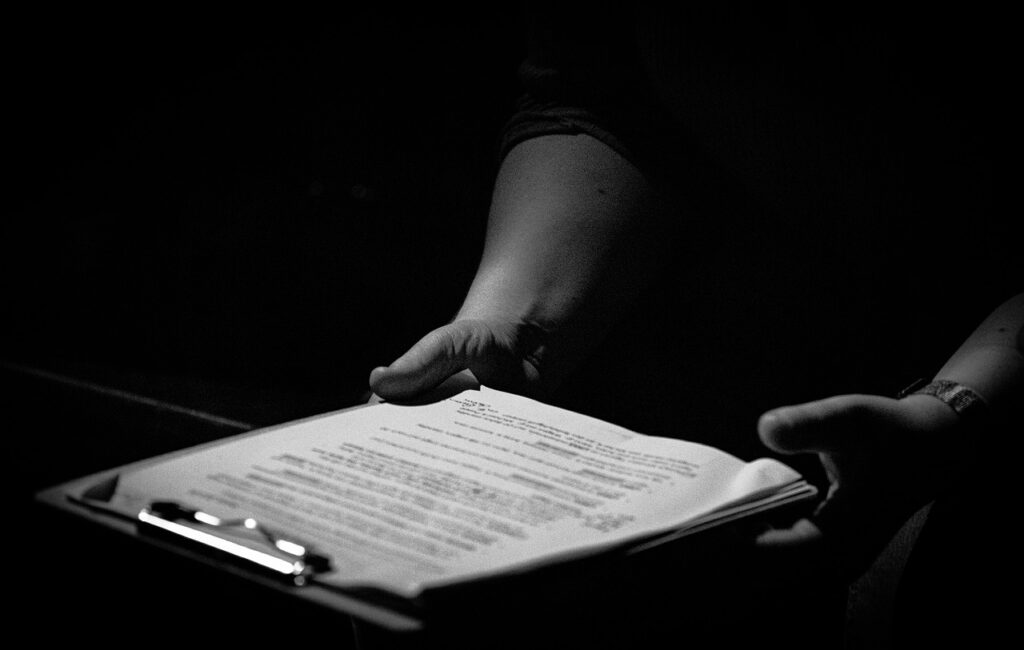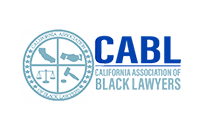
When you’re involved in a car accident, the immediate aftermath can be frightening and confusing. You’re shaken, you or your passengers might be injured, and you might not know what you’re supposed to do.
With constant traffic from nearby cities such as Fremont, Oakland, and San Mateo across the bay, it’s no wonder Hayward sees its fair share of vehicle collisions. In the state of California, all drivers involved in a car accident, no matter the scope of damage or severity of injuries, are required to complete and submit an SR-1 report and send it to the DMV as soon as possible.
But, beyond sending in an accident report, what else should you do? More specifically, what information should you collect after a car accident?
In this blog, we’ll give you a breakdown of the most important steps you should take when gathering information after a car accident and why that information is pertinent to any claim you make, whether through insurance companies or filing with a lawyer.
1 – Driver’s Information
The more personal information you can collect about a negligent driver, the better. Not only will this make it easier for your insurance company to contact the at-fault driver, but if local law enforcement gets involved, or if you end up pursuing a personal injury claim against the other driver, you will already have this information.
In most cases, you can use your cellphone to take a picture of the at-fault driver’s license, which will include the following information:
- Full name and address
- Date of birth
- Driver’s license number and state
Another bit of information you should get from the other driver(s) is their phone number and/or email address in case you, your insurance company, or your lawyer need to contact them about the event of the accident.
2 – Insurance Information
The next most important pieces of information you should collect at the scene are:
- Driver’s insurance company name
- Policy number and expiration date
This information is vital to have so that you or your insurance company can contact the at-fault driver’s insurance company when you start the accident claims process. If you fail to gather this information, you will likely not have enough information to file a claim with the other driver’s insurance, and you may have to consult a lawyer for your best next steps.
Additionally, some people carry expired, inactive, or even fake car insurance, which makes it doubly important that you get whatever information they have, as well as their personal information, as mentioned above, to ensure you have a solid claim.
3 – Vehicle Information
Specifics about the vehicle that hit you are often just as important as information about the driver.
It’s not only beneficial for insurance purposes but also in the event that the at-fault driver flees the scene or if the police pursue criminal charges. It’s best to get as much of the following vehicle information as you can:
- Vehicle owner’s name and address
- Vehicle license plate number and state
- Vehicle year, make, model, and color
- Vehicle Identification Number (VIN)
4 – Witness Information
Another piece of evidence that can help your claim with the insurance companies and for any legal proceedings against the at-fault driver is witness statements. Any passersby or other drivers who may have seen the accident occur, and especially anyone who stopped at the scene to offer help or call emergency services, should leave you with:
- Name and contact information
- Details of what they witnessed
Often, car accidents can become a “he said-she said” situation with no party wanting to accept responsibility. This is where witness statements can be the key to ensuring that you receive the proper compensation from the insurance companies for your damages and injuries.
5 – Injury and Damage Information
Document any injuries you may have suffered due to the accident, and any injuries your passengers or the other driver and their passengers suffered. The best way to do this is to take a lot of pictures with your phone or someone else’s phone and even write down all the visible injuries as well.
Whatever damage occurred to the vehicles involved in the collision should be documented.
Take as many pictures as possible and also write down any other information about the damage that occurred. You can later use this information as evidence in your insurance claim or a personal injury claim against the at-fault driver.
6 – Information From Police
If law enforcement does arrive on the scene, they will file an official accident report. You should get a copy of that police report or the report/case number, as well as the officer’s name, badge number, and contact information. When speaking with police, try to stick to the facts of what happened and leave out any speculation.
The SR-1 report mentioned at the beginning of this post should be filed in addition to any police reports or insurance claims that are made.
Consider Retaining Legal Counsel After Your Accident
As with any vehicle collision, it’s always important to get checked out by emergency services, who may be called to the scene.
Never say you are not hurt. Some injuries are not visible or do not present themselves immediately, but also, if you claim at the scene that you are not hurt and the other driver, witnesses, or police make note of it, it may harm the success of any claims you make.
There are many moving parts in the aftermath of a vehicle collision, and quite a bit of information should be gathered at the scene. You and other drivers involved may be disoriented, you may be injured, or sometimes the at-fault driver may flee the scene, in which case this information may be hard to collect.
It’s in your best interest and the best interest of any claims you submit to gather as much information as you can.
It’s also a good idea to reach out to an experienced car accident lawyer from Varlack Legal Services and get expert assistance with all the legwork that often goes into a successful car accident claim.








